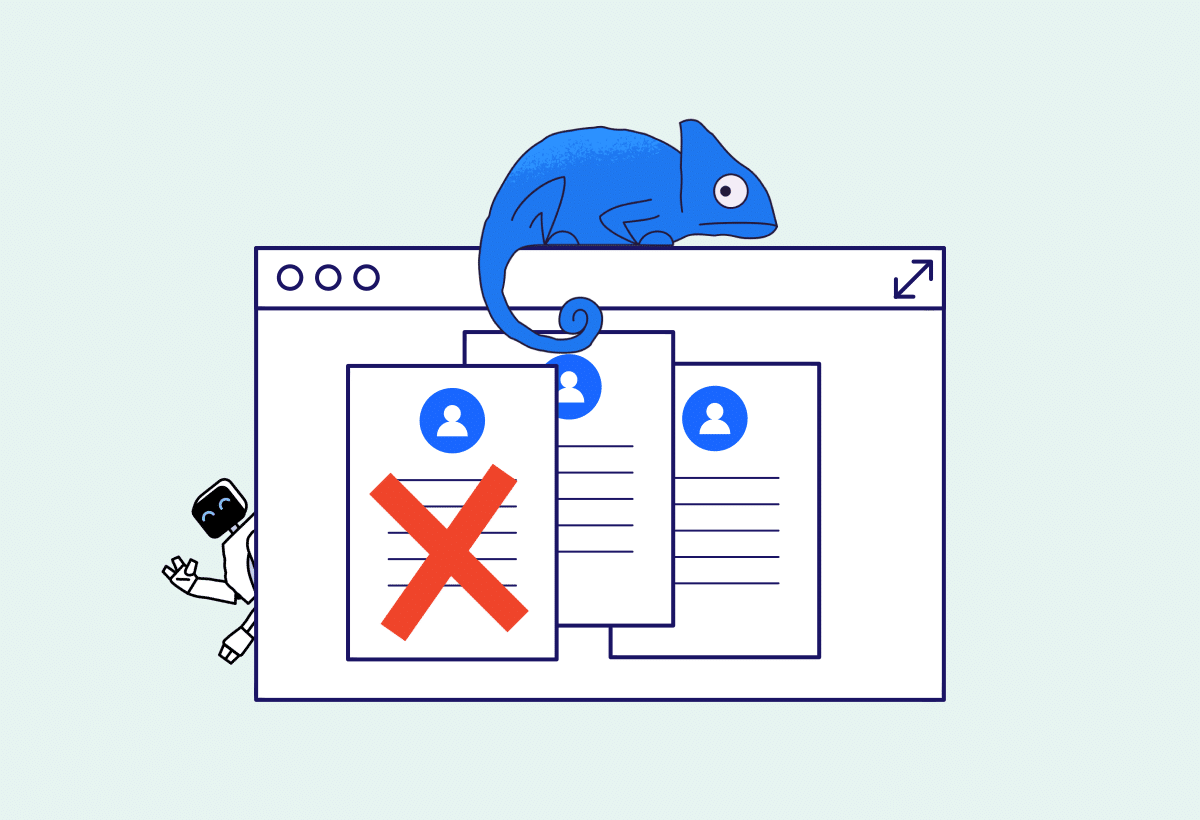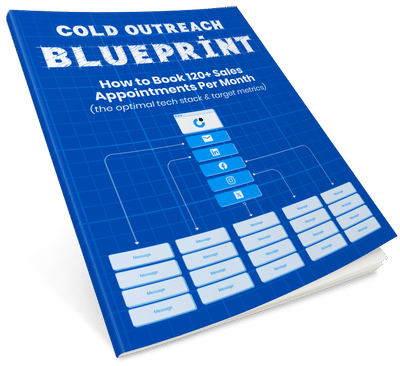James Hornick, Chief Growth Officer at HireWell, describes a phenomenon called "AI chameleoning" that is fundamentally transforming how companies recruit and how job seekers apply for positions.
In recent podcast commentary, Hornick highlighted a stark reality emerging from modern recruitment technologies.
These aren't traditional applications, but sophisticated, AI-generated submissions designed to beat algorithmic screening processes.
The technology enabling this transformation allows job seekers to generate resume versions rapidly, customizing each application to specific job descriptions within minutes.
Candidates can now create hundreds of tailored applications almost instantaneously, flooding employer inboxes with documents optimized for keyword matching.
Employers are responding with their own technological strategies.
Many are implementing advanced AI screening technologies to manage the overwhelming influx of applications.
Others are shifting toward internal promotion strategies, finding it more efficient to promote existing employees than wade through thousands of digital resumes.
For job seekers, the implications are profound.
Stats
65%
of employers to use AI to reject candidates In 2025* (Forbes)
59%
increase in applications per graduate vacancy from 2023 to 2024* (FT)
60%
of hires now coming from networking rather than online apps* (WSJ)
Keyword-optimized resumes now dominate application systems, potentially obscuring truly qualified candidates.
Personal networking has become more critical than ever, with direct communication gaining unprecedented importance in the recruitment process.
Hornick directly stated the core of the problem: "You post a job and suddenly you've got 500-700 responses. You can't read through those to hire somebody."
His statement encapsulates the core challenge facing modern recruitment: technology has made applying easier, but not necessarily more effective.
Recruitment professionals suggest that personal interactions remain crucial in hiring decisions.
While AI can screen applications, it cannot replace the nuanced understanding that comes from direct human interaction. The ability to communicate, demonstrate personality, and showcase interpersonal skills still matters significantly in hiring processes.
The data indicates a significant shift in job application methodologies.
Artificial intelligence is not just a tool but a transformative force reshaping how companies find talent and how individuals present themselves in the job market.
As technology continues to evolve, both employers and job seekers must adapt to increasingly complex recruitment landscapes.



